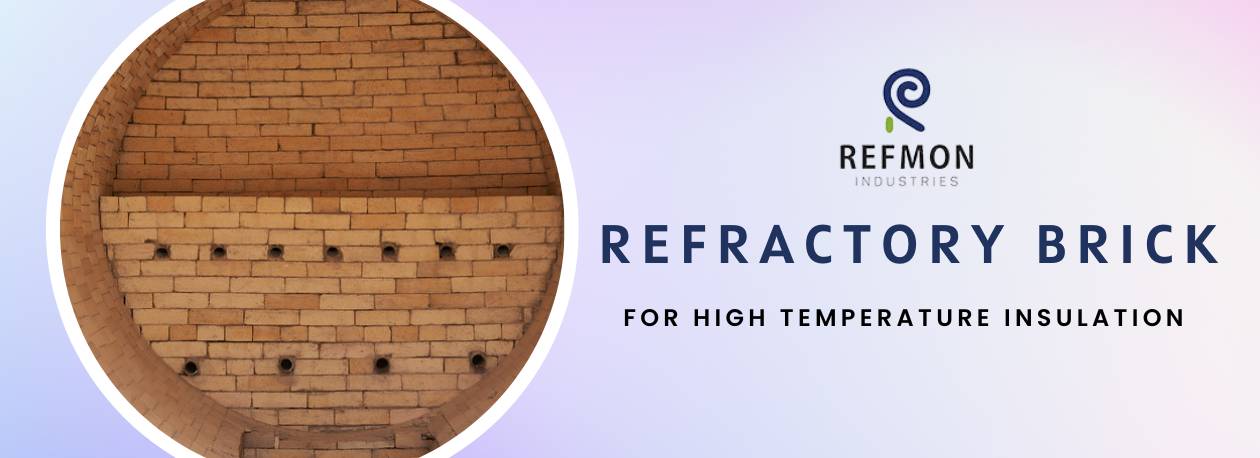
Tips To Choose Refractory Brick for High Temperature Insulation
The process of choosing refractory high temperature bricks work is not too complicated. Though, it is something that needs to be done with care. You will need to take several factors into account before making your decision. Industrial equipment's efficiency and safety can be compromised if the wrong refractory brick is chosen as insulation.
Important Factors to Consider Refractory Bricks
Here are some important factors to consider: Browse some essential tips when you choose high temperature refractory bricks, just know when you are going to buy them. Those are the most important factors to consider when you're constructing a kiln.
Kinds of brick
You should start by discussing this with the manufacturer or supplier to find out about the different types. Most manufacturers will provide some basic information about their products. Ask for technical information on how long each type of fire brick is expected to last and details on glaze quality, so that you are not misled. You can then decide what type is best for your project and which has the best value for money. It is always better to choose insulating refractory bricks.
Firing temperature
If you are not sure what your firing temperature will be, you should discuss this with your supplier. The ideal type of insulating firebrick will be one that is designed for the right type of firing temperature.
Clinker content
This is another important factor because the clinker content of bricks can vary considerably from one type to another. A brick with a low clinker content means that it has been fired at lower temperatures. This type is less likely to break or crack and will have a longer life.
Glaze quality
The glaze on bricks can also vary in quality, depending on the manufacturer. Some bricks have an inner layer of glaze that can crack or flake off when the brick is fired. The material used for this inner layer of glaze should be as pure as possible so that it will be stronger and not disintegrate over time due to oxidation.
Strength and durability
Some types of bricks are more durable than others, which can affect their strength and longevity in your furnace. Different types are available depending on the furnace manufacturer, so you should contact them directly to find out which option will suit your needs the best.
Cost
It is important to review the cost of the brick that you have chosen and compare it with the type of brick you are considering. You should also consider factors such as delivery and installation costs as well as any installation requirements.
Length and width of bricks
The length and width of bricks can vary, which can affect your installation plans. If you are not sure which length and width are best for your furnace, ask your supplier for advice. You may need to add a mortar joint to ensure that each brick fits properly in your furnace. This adds an extra layer of protection but will mean losing some insulation effectiveness. It is a quick calculation to make when deciding on the best fiber refractory insulator.
Conclusion
You should take into account several factors while choosing bricks. These include firing temperature, the type of glaze on the bricks, and the types of glaze. Some types have better properties than others and can be used for a longer time.
In order to get the best solution for your furnace, it is important that you contact a professional like Refmon Industries. This is because there are different laws surrounding flameproofing and insulating industrial equipment in general. Choosing the right refractory brick requires the expertise of a professional which you can find with us.